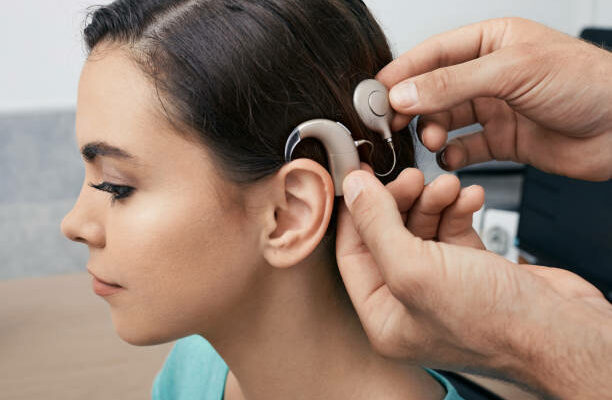The decision to purchase hearing aids is not easy, and this semi-permanent fixture is a significant purchase for many people. Hence, it is imperative to carefully consider several factors to find the right hearing aid for you. Here are some things to keep in mind:
Lifestyle factors
There are several lifestyle factors to consider when purchasing hearing aids. For example, if you’re very active, you may want to choose a style that is more comfortable for you during sports or other outdoor activities. You can also find hearing aids with accessories that allow them to stay in place during certain activities. Your audiologist can recommend the best features and functions for your lifestyle.
Your lifestyle will significantly impact which type of hearing aid is right for you. For example, if you enjoy cycling, you’ll need a different hearing aid than someone who spends a lot of time indoors. If you have a high-end lifestyle, you may also need to spend a higher budget to ensure the hearing aids you need are comfortable.
Reliability
Reliability refers to a person’s ability to trust something. Reliability is also crucial in the case of medical devices. In the case of hearing aids and cochlear implants, moisture is the leading cause of malfunctions. While most manufacturers and providers state that the hearing aids they sell are waterproof, the term “IP rating” is confusing to most people. The IP rating is an acronym for “Ingress Protection Code,” which describes the degree of protection a hearing aid or cochlear implant offers against water.
Perspiration is particularly hazardous to the microelectronics and circuit boards inside hearing aids, and water can cause severe damage to these components. The use of waterproof devices has improved the reliability of hearing instruments. However, it’s still important to consider where your hearing aids are stored in your home.
Choosing the correct type of hearing device is crucial for the best result. Proper fitting of hearing aids at Audi Hearing can improve comfort and prevent occlusion, leading to feedback. Wax, sweat, and humidity can also negatively affect hearing aid reliability. These issues have plagued the industry for decades, and hearing aid manufacturers have been trying to overcome these issues. They now promote innovative features and signal processing enhancements to improve the product’s reliability. But in the meantime, they’re ignoring the quality engineering that goes into manufacturing them.
Cost
Most health insurance plans and Medicare do not cover hearing aids. But, the costs for hearing devices are generally reasonably consistent across the country. Thanks to companies like Lively, you can get a good pair of hearing aids online for $1,195, which includes two to three visits with an audiologist. And, because hearing aids are considered medical devices, you can get them on a long-term basis. You will have to pay for the batteries, charger, and other accessories.
As with any medical device, the price of hearing aids will depend on their technology and features. Those with higher prices are generally the most sophisticated and have the most advanced features. But they may not be the best choice for you, depending on your lifestyle and hearing needs. As with any purchase, consider each type’s features and benefits before making a final decision. Then, you can decide on a quality hearing aid.
Comfort
Whether a new user or a veteran, you’ll want to focus on comfort when purchasing hearing aids. Choosing the right style can make all the difference in the quality of your hearing aid. While many hearing aids are comfortable, others are not, which can be a problem for those who experience discomfort.
Custom-formed hearing aids are ideal for those who experience discomfort when wearing their hearing aids. This type of device is custom-moulded to the unique contours of your ear, resulting in a glove-like fit. While they might be slightly more expensive, they’re worth it for the comfort they bring. However, new users may experience neck and jaw tension and headaches. For this reason, it’s essential to have a comfortable hearing aid that fits your ears and helps prevent these uncomfortable symptoms.
Reducing out-of-pocket cost
Insurance coverage is a common way to reduce out-of-pocket costs when purchasing hearing aids. Some companies offer flexible payment plans with no or low interest. In addition, some employers have flexible spending accounts (FSA) that allow you to set aside money for certain medical costs, including hearing aids. Some FSAs cover the cost of hearing aid purchases, exams, and maintenance.




Comments